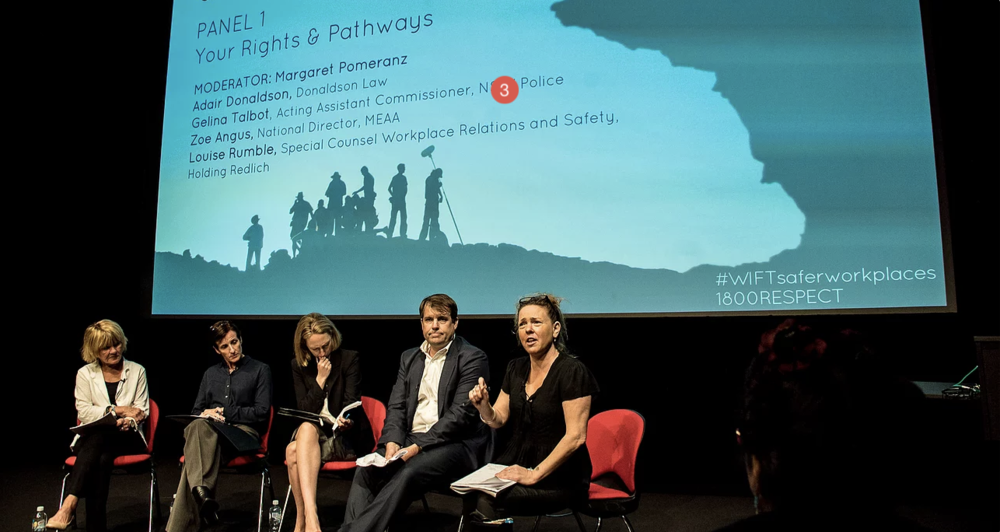
Workplace Rights & Responsibilities
Your Rights
Your employer must not harass you at work, and they must also take 'all reasonable steps' to make sure that there is no harassment in their workplace. Your employer must do their best to make sure that you are not harassed by your supervisor, your workmates or your customers or clients. They must do this whether you are full-time or part-time, permanent or casual.
In this context, all reasonable steps may include:
having a clearly defined policy that harassment is not acceptable, and procedures for addressing harassment when it occurs
making sure all employees know about this policy, what constitutes harassment and the procedures for addressing it
ensuring that the policy and procedures are followed.
It’s important to understand that if a person finds a particular behaviour offensive, humiliating or intimidating, then it is harassment. This is irrespective of how the harasser or anyone else perceives the behaviour.
What Can You Do If You Have Been Harassed?
Here are some of the steps you can take to deal with the harassment:
Try and record as many details as possible, it is recommended that you write down every instance of improper conduct, with date, time, location and witness names (if any).
If you or someone you know needs support for what you have seen, heard or witnessed you may want to speak with a counsellor at 1800RESPECT or Beyond Blue who can help process what has happened
You may want to deal with the situation yourself by raising it directly with the person or people involved or with a supervisor, manager, HR team or discrimination/harassment contact officer.
You may be working as a contractor or with small company that has no official policy or you may want to by-pass the company, in which case, you can lodge a complaint directly with the your state anti-discrimination board or the Australian Human Rights Commission. When the Commission receives a complaint, they can investigate the complaint and try to resolve it by conciliation. The Commission is not a court and cannot determine that discrimination has happened. The Commission’s role is to get both sides of the story and help those involved resolve the complaint.
If your complaint is not resolved, or it is discontinued for another reason, you can take your complaint to the Federal Court of Australia or the Federal Circuit Court.
You may also want to consider getting legal advice or contacting your guild or union. There are community legal services that can provide free advice about discrimination and harassment. Contact details for your closest community legal centre can be found at the National Association of Community Legal Centres.
Your Responsibilities and Processes for Cultural Change
Everyone has a role to play in changing the culture of the Australian Film and TV industry. Below are some key processes implemented to enforce that change happens as quickly as possible.
Screen Australia joined forced with the Media Entertainment and Arts Alliance and Screen Producers Association to create a code of conduct for the screen industry.
Screen Australia implemented the Australian Screen Industry Code of Practice for all productions approved for funding from 1 July 2019. This Code clarifies the responsibility of Producers to ensure their workplaces are free of harassment and assault with financial implications if incidents are not handled appropriately.
The Australian Screen Industry Code of Practice can be downloaded from SPA and MEAA.
Live Performance Australia has created a code for the live performance industry. It can be downloaded here.
Both codes commits workers to positive conduct while engaged by the production company.
The Australian Human Rights Commission undertakes a wide range of activities to raise awareness about the rights and responsibilities of individuals and organisations under the Sex Discrimination Act, especially in the workplace. They’ve produced guidelines and reports on preventing sexual harassment, supporting pregnant workers, flexible work arrangements and equal pay.
While WIFT cannot endorse any specific program, workplace training can be provided by organisations such as MATE Bystander Program run through Griffith University, The Australian Human Rights Commission's Know The Line, and The Full Stop Foundation.

